How Tinubu’s Naira float policy could boost or ruin the economy
The Nigerian Naira has been facing a significant and distressing depreciation in recent months, plummeting from a value of approximately N465 to the US dollar to an alarming low of N1,100. This devaluation occurred shortly after President Bola Ahmed Tinubu’s government made the pivotal decision to float the country’s currency.
In this extensive report, we delve into the implications of this financial shift and its broader economic context.
Upon taking office, President Tinubu swiftly implemented several drastic economic reforms, most notably the immediate elimination of fuel subsidies and the eradication of the multiple exchange rate system. These moves were met with a mix of praise and criticism, as they were deemed courageous and forward-thinking by economic experts but also criticized by Tinubu’s political adversaries. These critics argued that these policies, aside from causing hardship for ordinary Nigerians, had exacerbated the country’s currency woes.
In an exclusive interview with PoliticsNow, Kelechukwu Ogu, a seasoned economic expert, weighed in on the current economic quagmire. Mr. Ogu commended the government’s decision to float the Naira, viewing it as a necessary and bold step to steer the nation towards economic development.
However, Ogu couldn’t help but express his concerns about the excessive government spending that seemed to be undercutting the intended effects of these economic policies.
“The removal of fuel subsidies and the floating of the Naira were indeed bold decisions taken by President Tinubu’s government. While they were undoubtedly difficult choices, they were necessary,” Ogu stated.
He went on to emphasize, “The ongoing economic turbulence is, in large part, a result of the mismanagement of the country’s finances by previous administrations.”
Ogu noted that past governments had expended considerable resources to maintain an exchange rate pegged at N465. However, he contended that this approach merely scratched the surface of Nigeria’s deep-rooted economic issues.
Turning his attention to the deteriorating value of the Naira, Ogu suggested a crucial path to economic recovery. He argued that boosting domestic production was the key to rejuvenating the nation’s weakening currency. Mr. Ogu expressed optimism, especially with the prospects of Dangote’s refinery coming online in the near future. This major industrial project is anticipated to bolster Nigeria’s economic resilience and potentially improve the performance of the Naira.
As Nigeria grapples with these economic challenges and undergoes significant policy shifts, the road to financial stability remains a complex and nuanced journey.
However, President Tinubu’s government have continued to navigate these water. The fate of the Naira, and indeed the broader Nigerian economy, hinges on a delicate balance of policies and prudent fiscal management, and the resilience of the nation’s people.
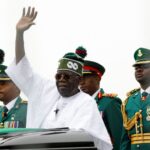


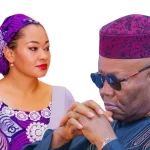

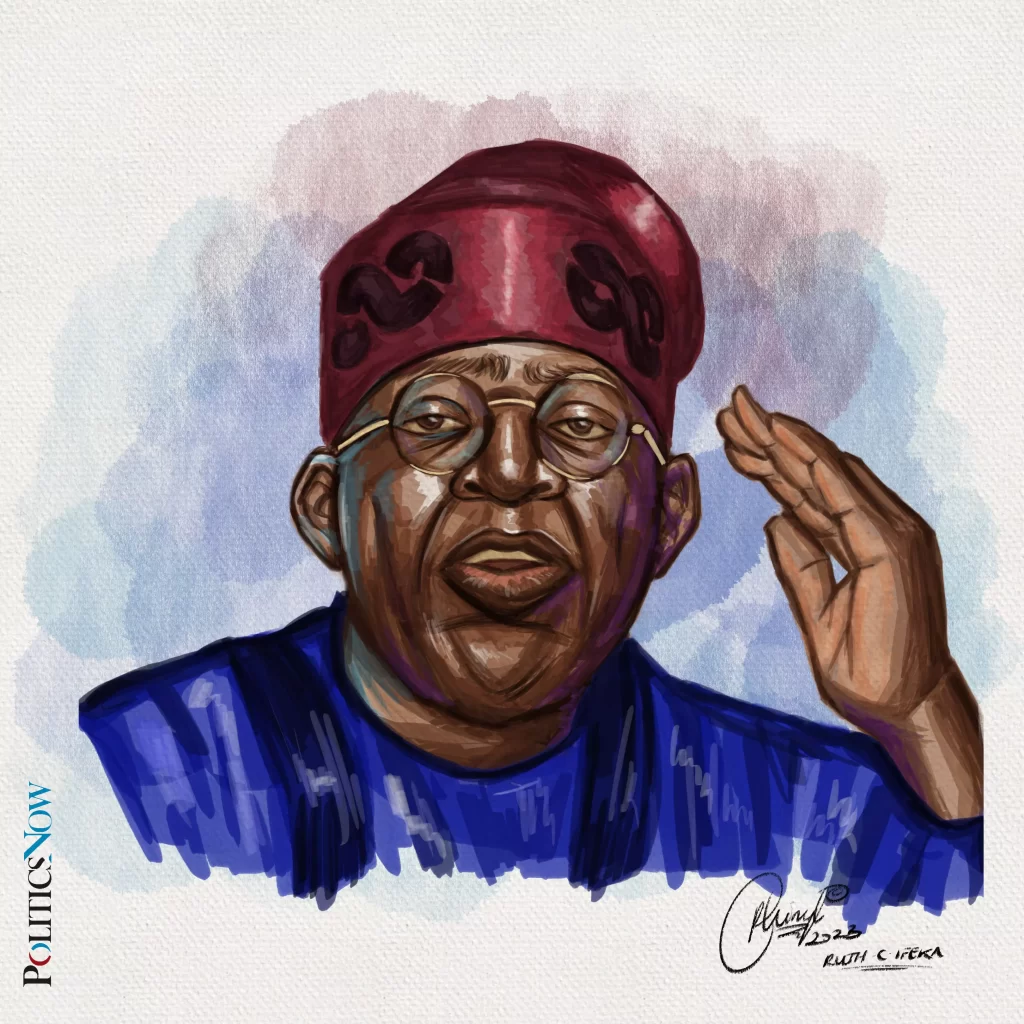
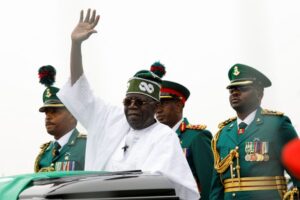


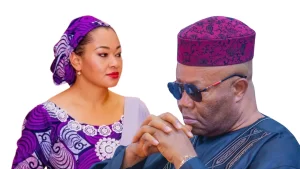
More Stories
Natasha vs Akpabio: Police arrest whistleblower over alleged defamation of Sandra Duru
FG files criminal defamation charge against Natasha, lists Akpabio, Yahaya Bello, Sandra Duru, others as witness
Tinubu presents ₦1.481tr Rivers budget to NASS for approval